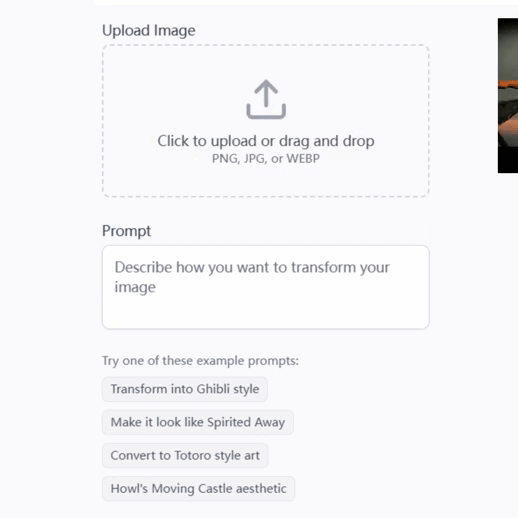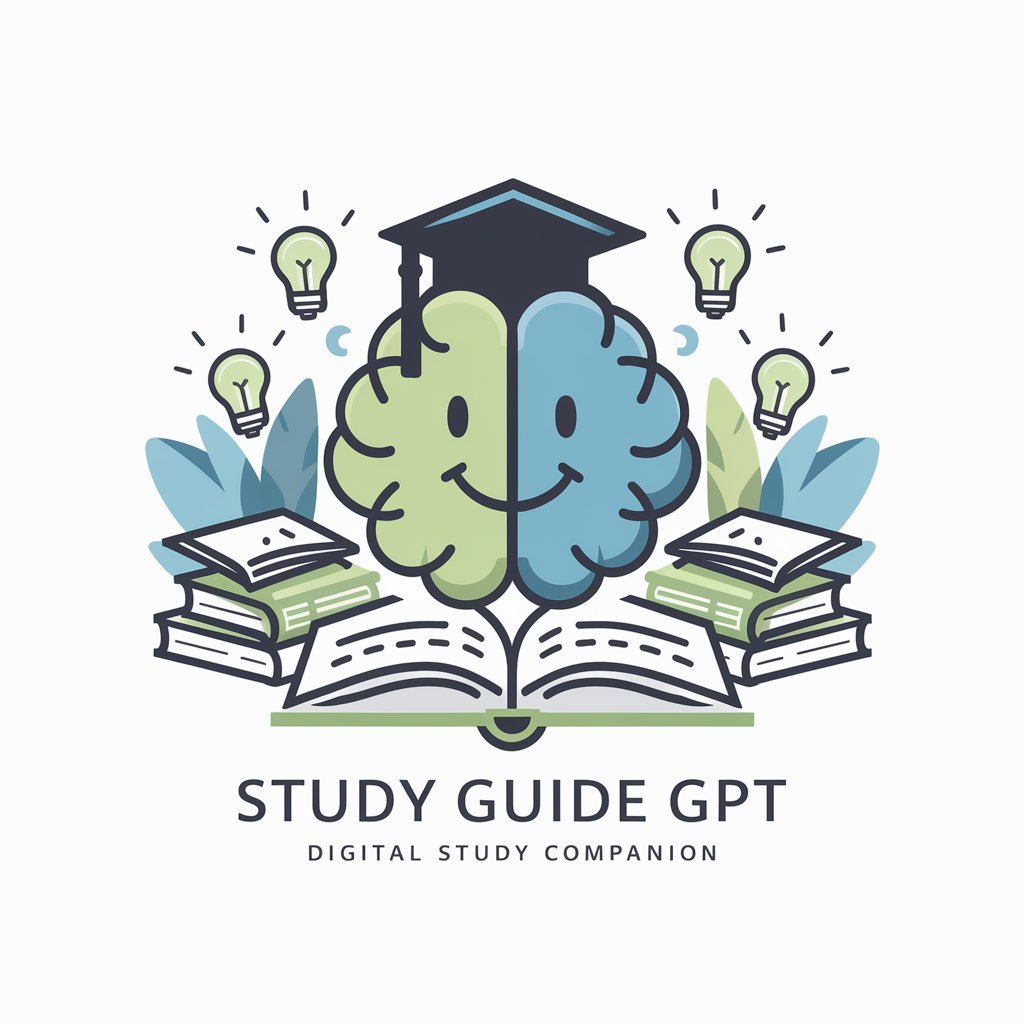
GRADE Guide - GRADE Methodology Assistant

Hello! I'm here to assist you with the GRADE approach for grading evidence. How can I help?
Empowering evidence-based decisions with AI
Grade this clinical study for me.
How do I use GRADE for this evidence?
Can you evaluate this research using GRADE?
Help me assess this data using GRADE.
Get Embed Code
Introduction to GRADE Guide
GRADE Guide is a specialized assistance tool designed to offer comprehensive support and guidance in the application of the GRADE (Grading of Recommendations, Assessment, Development, and Evaluations) methodology. This system is tailored to facilitate a systematic approach to grading the strength of evidence and the development of recommendations in health care. GRADE Guide's primary objective is to enhance the clarity, transparency, and rigor in the evaluation of evidence, aiming to support the creation of guidelines that can inform patient care, policy-making, and research. An example of GRADE Guide's utility includes assisting in the evaluation of new research findings on a particular treatment's effectiveness and safety. By meticulously analyzing study design, risk of bias, inconsistency, indirectness, and imprecision, GRADE Guide helps in determining the quality of evidence and the strength of recommendations, providing a structured rationale for decision-making. Powered by ChatGPT-4o。

Main Functions of GRADE Guide
Evidence Quality Assessment
Example
Assessing randomized control trials (RCTs) for a new diabetes medication.
Scenario
GRADE Guide facilitates the detailed examination of RCTs, starting from 'high quality' evidence but critically evaluating for downgrade factors such as risk of bias or inconsistency, thus providing a nuanced grade of evidence quality.
Recommendation Strength Determination
Example
Formulating guidelines for hypertension management.
Scenario
Through assessing evidence from various studies, GRADE Guide helps in formulating recommendations by considering the balance between desirable and undesirable outcomes, the certainty of the evidence, values and preferences of the population, and resource utilization, culminating in either strong or conditional recommendations.
Facilitating Guideline Development
Example
Developing guidelines for the use of antibiotics in acute otitis media.
Scenario
GRADE Guide assists in systematically reviewing the evidence, engaging stakeholders in a transparent process, and using the GRADE methodology to develop clear, actionable guidelines that can be implemented in clinical practice.
Ideal Users of GRADE Guide Services
Healthcare Professionals
Clinicians, nurses, and pharmacists who require a robust, evidence-based framework to inform their clinical decisions and recommendations, ensuring the best outcomes for their patients.
Research and Academic Institutions
Researchers and academics involved in medical research, evidence synthesis, and guideline development benefit from GRADE Guide's systematic approach to assess study quality and recommendation strength, enhancing the integrity and utility of their work.
Policy Makers and Healthcare Organizations
Health policy makers and organizations, including hospitals and healthcare systems, that develop and implement guidelines to improve patient care practices and policy decisions. GRADE Guide provides a transparent and methodical process for developing guidelines that are evidence-based and consider the best interests of the population served.

How to Use GRADE Guide
Start Your Journey
Access a comprehensive GRADE methodology guide by visiting a site offering a no-cost trial, no sign-up or ChatGPT Plus subscription necessary.
Familiarize with GRADE
Understand the GRADE methodology basics, including the differentiation between quality of evidence and strength of recommendations.
Identify Your Evidence
Gather and categorize your research evidence according to GRADE's evidence hierarchy, focusing on studies' design and quality.
Grade Your Evidence
Apply the GRADE criteria to assess the evidence quality, considering factors like study limitations, consistency, and directness.
Make Recommendations
Use the graded evidence to formulate clear recommendations, balancing benefits and risks, while considering patient values and preferences.
Try other advanced and practical GPTs
Grade Guru
Precisely track your academic progress with AI.

Grade 4 Teacher
Empowering young learners with AI-driven Chinese education.

grade predictor
AI-powered academic grade forecasting

GRADE evaluator
Empowering evidence-based healthcare decisions with AI.

Teacher's Aide - 2nd Grade
Empowering Teachers with AI-Driven Insights

Inception GPT | Custom GPT Maker | Custom GPT
Tailor-made AI, your way

Technical Interviewer
Ace Your Tech Interviews with AI

Technical Architect
AI-powered Technical Roadmapping

Technical Writer
Polish Your Writing with AI
Technical Product Manager
Empowering Product Management with AI

Technical Advisor
Empowering Game Development with AI Humor

Technical Analyzer
Empowering investment decisions with AI-driven insights.

Frequently Asked Questions about GRADE Guide
What is GRADE Guide?
GRADE Guide is an AI-driven tool designed to assist users in applying the GRADE methodology for grading the quality of evidence and strength of recommendations in healthcare research.
Who can use GRADE Guide?
It is suitable for healthcare professionals, researchers, and students looking to apply evidence-based approaches in clinical guidelines, systematic reviews, and health technology assessments.
How does GRADE Guide improve my research process?
By providing structured guidance and AI-powered insights, it helps in systematically assessing evidence quality, making complex decisions more transparent and easier to communicate.
Can GRADE Guide help with non-healthcare research?
While primarily designed for healthcare evidence grading, its methodological framework can be adapted for assessing evidence quality in other scientific fields with careful consideration.
Is technical expertise required to use GRADE Guide?
No, it is designed to be user-friendly, offering guidance that is accessible to those with varying levels of expertise in evidence-based practices.






